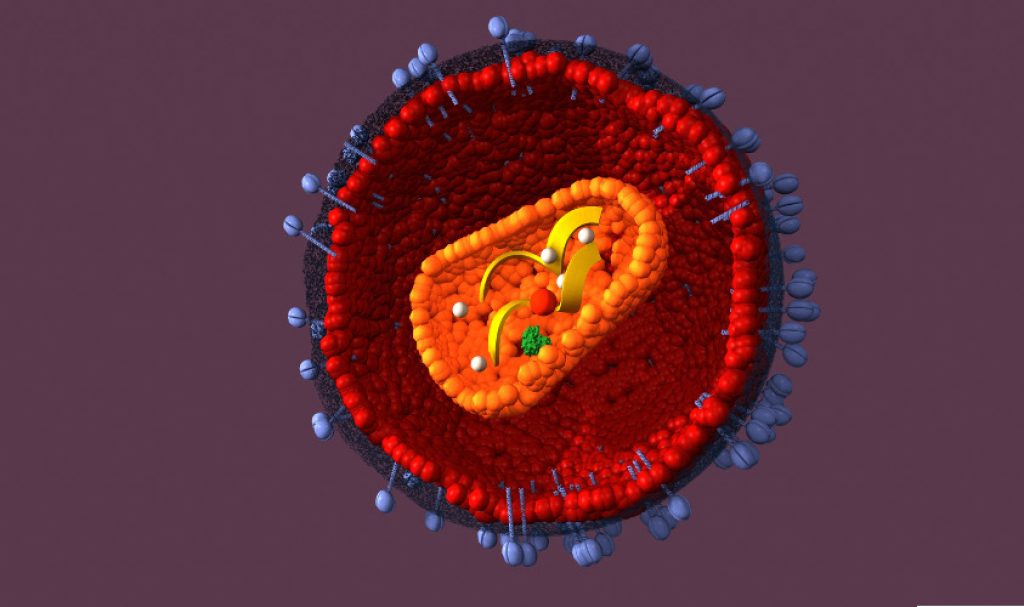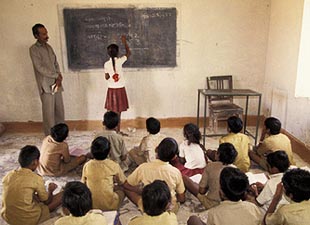
AsianScientist (Apr. 12, 2018) – By Fatima Arkin – The UN Programme on HIV/AIDS (UNAIDS) and the World Health Organization (WHO) have released statements categorically rejecting recent media reports suggesting that a new, infectious and untreatable strain of HIV has been discovered in the Philippines.
“There is no new strain of HIV which has been found in the Philippines. The variants of the virus found in the Philippines have not changed and are similar to the strains of the virus found in many parts of Asia and in other parts of the world,” UNAIDS has stated.
“In addition, there is no conclusive evidence that the strains of the virus found in the country are more infectious than other virus variants, nor is there evidence that they are resistant to the current treatment regimens available.”
The statement was released in response to news stories by two international media outlets that were later picked up by numerous local media.
On 9 March, a headline on the website of the German publisher Deutsche Welle (DW) read: “New virus strain behind HIV explosion in the Philippines,” with a sub-heading that referred to the AE subtype of the virus as “drug-resistant”. The article has since been revised in response to the statements.
And on 10 March, the London-based The Independent, ran a news story with the headline: “Drug-resistant HIV strain discovered in Philippines could trigger new epidemic, scientists warn.” This story was also subsequently amended.
The UNAIDS statement added that “as with all strains of HIV, prevention measures such as consistent condom use, pre-exposure prophylaxis and universal treatment which achieves viral suppression are effective in reducing transmission.”
It was followed by a joint UNAIDS-WHO release on 23 March which said: “All HIV-1 subtypes can be expected to respond to currently recommended ART regimens.”
Edsel Salvana, director of the Institute of Molecular Biology and Biotechnology at the University of the Philippines, explains that the AE strain of HIV that is prevalent in the Philippines “may develop drug resistance to current antiretroviral (ARV) regimens faster or differently than subtype B, which used to be the predominant HIV strain in the Philippines”.
“The currently recommended WHO first line regimen may not be appropriate for all subtypes,” Salvana says.
He points to a WHO HIV drug resistance report released in July 2017, which discussed the increasing drug resistance of the virus across the world.
———
Source: SciDev.Net; Photo: Shutterstock.
Disclaimer: This article does not necessarily reflect the views of AsianScientist or its staff.












